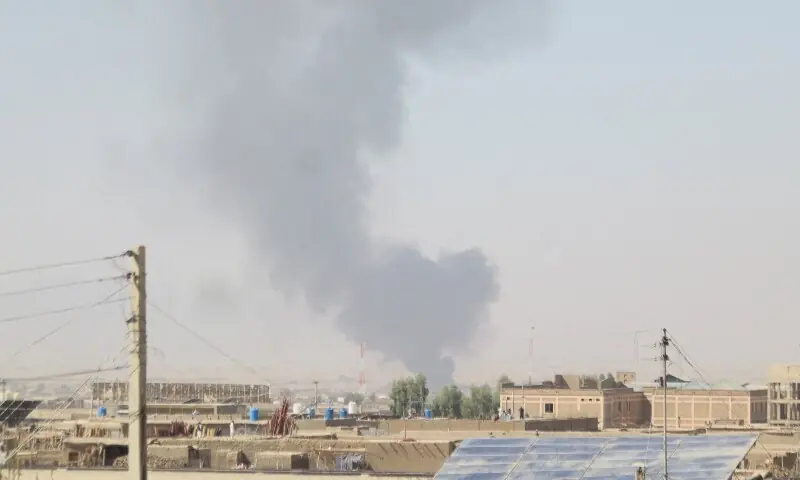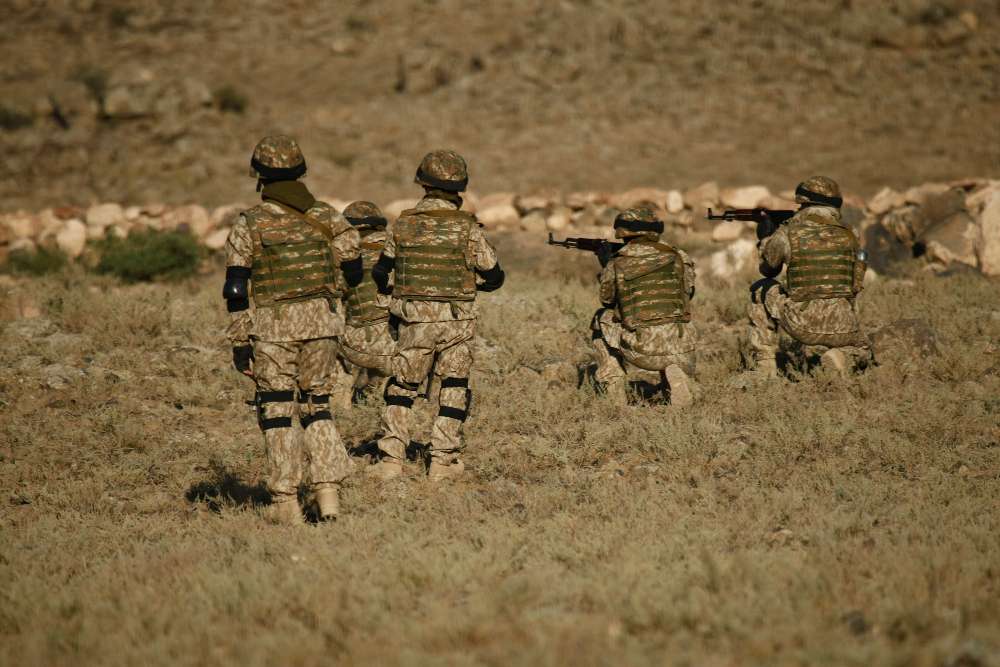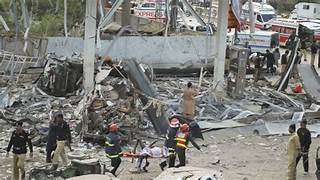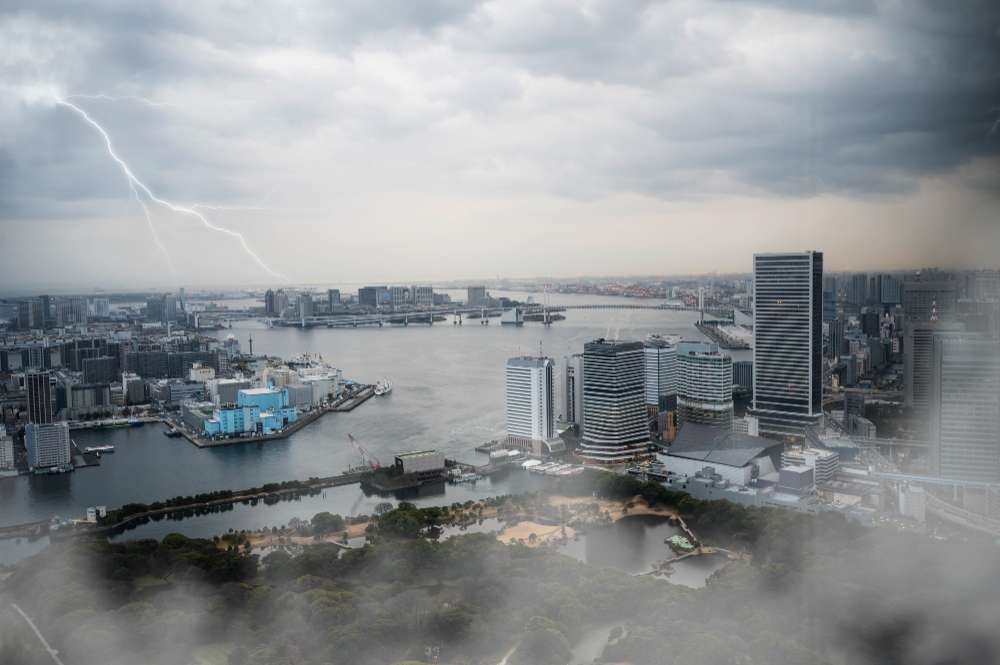ISLAMABAD:
Pakistan and Afghanistan have agreed to a 48-hour ceasefire following several days of deadly cross-border fighting, marking one of the worst confrontations in decades between the two Muslim nations. The truce began at 1300 GMT on Friday, according to officials.
The recent hostilities were triggered when Islamabad demanded that Kabul take action against militants allegedly operating from Afghan soil and carrying out attacks inside Pakistan.
Prime Minister Shehbaz Sharif said Pakistan had “retaliated after losing patience” with repeated militant assaults but added that the country remained open to dialogue.
“We are ready for talks to resolve the issue,” Sharif stated on Thursday.
Taliban Denies Harbouring Militants
The Taliban government in Kabul rejected Pakistan’s allegations, accusing the Pakistani military of spreading false narratives and sheltering ISIS-linked militants to undermine Afghanistan’s stability.
Islamabad strongly denied these claims.
for additional background, see dawn’s detailed coverage:
👉Pakistan, Afghanistan agree on temporary ceasefire after border clashes
Deadly Suicide Attack in North Waziristan
A suicide bombing in North Waziristan on Friday killed seven Pakistani soldiers and six militants, according to a statement from the Prime Minister’s Office.
No militant group has yet claimed responsibility for the attack.
Meanwhile, the Pakistan Red Crescent confirmed that Afghanistan handed over the bodies of seven Pakistanis — including two security officials and five civilians — who died in earlier clashes this week.
Regional Powers Step In
The latest Pakistan-Afghanistan border conflict has drawn international concern.
Saudi Arabia and Qatar have offered to mediate and urged both countries to show restraint.
Former U.S. President Donald Trump also said he is willing to help in resolving the escalating border dispute.
Tensions between Islamabad and Kabul have been on the rise since the Taliban’s return to power in 2021 following the withdrawal of U.S.-led forces. Pakistan blames Afghan-based militants for increasing attacks on its soil, while Afghanistan accuses Pakistan of interfering in its internal affairs.




